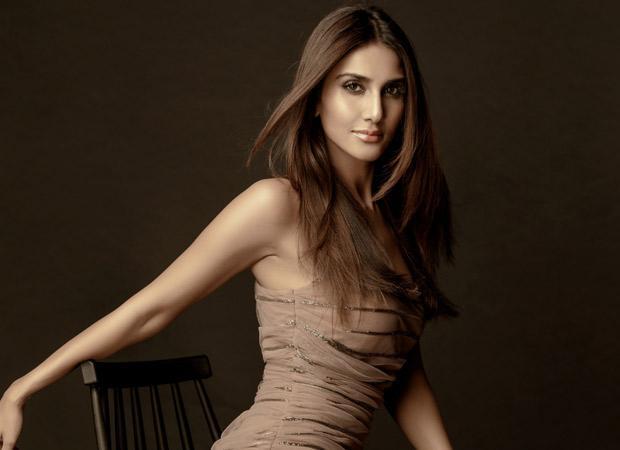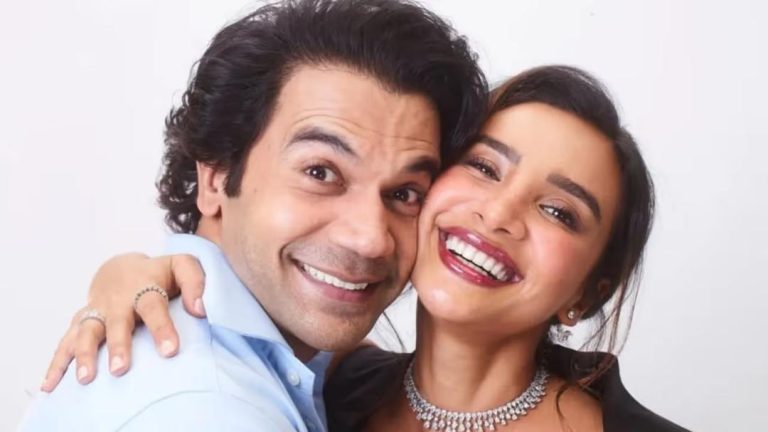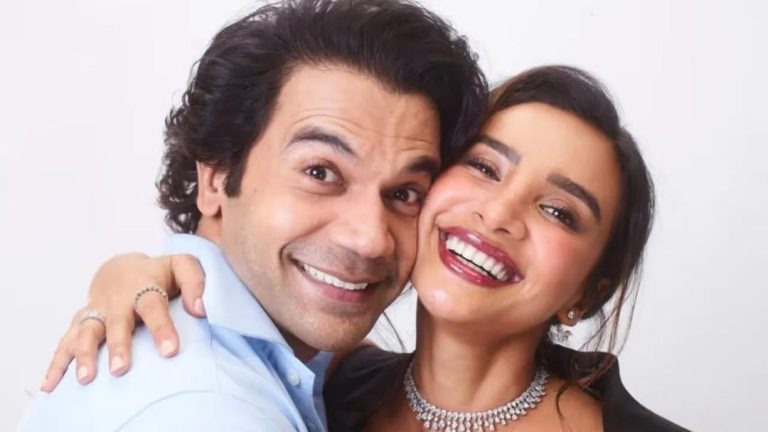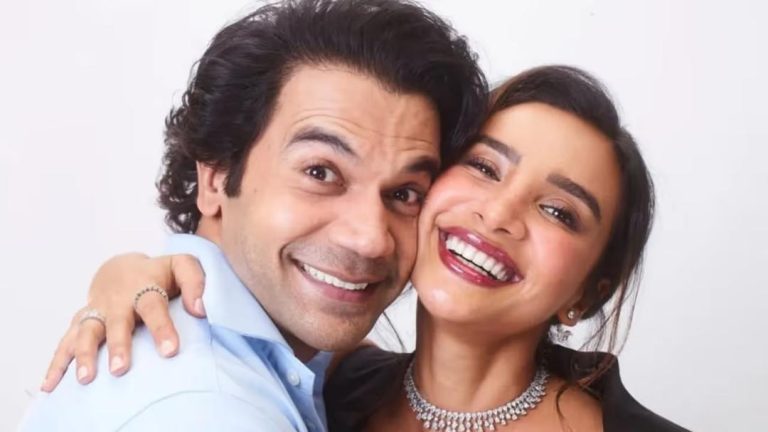
Don’t get volatile behaviour: Vaani on censorship & cancel culture
The recent ban of Abir’s Gulaal, a film by debutant director Anubhuti Kashyap, has sparked a heated debate about censorship and cancel culture in the Indian entertainment industry. The film’s lead actress, Vaani Kapoor, has weighed in on the issue, expressing her concerns about how these restrictions can stifle artists’ creativity and freedom to explore new ideas.
In an interview with a leading publication, Vaani spoke about her take on cancel culture, saying, “This cancel culture, say one thing wrong, there are calls for cancel and boycott. I don’t get that volatile behaviour.” She further emphasized that she is not a fan of censorship, as it sets boundaries for artists and restricts their ability to push the envelope and create something new and innovative.
Vaani’s comments come at a time when the Indian entertainment industry is grappling with the issue of censorship. The Central Board of Film Certification (CBFC) has been accused of being overly strict and restrictive in its guidelines, leading to several films being banned or heavily edited to comply with the board’s demands.
The ban on Abir’s Gulaal is a case in point. The film, which deals with themes of love, relationships, and social issues, was deemed too explicit and offensive by the CBFC, leading to its ban. The decision has been widely criticized by the film industry, with many calling it a form of censorship that stifles creativity and freedom of expression.
Vaani’s comments also echo the sentiments of many artists and industry professionals who feel that cancel culture and censorship are not only harmful but also counterproductive. By restricting artists’ ability to create and express themselves freely, these forces can lead to a stifling of creativity and innovation, ultimately harming the industry as a whole.
The impact of cancel culture and censorship on the entertainment industry cannot be overstated. When artists are forced to conform to certain standards or guidelines, it can lead to a lack of diversity and originality in the content that is produced. This can result in a homogenization of ideas and a lack of creativity, ultimately leading to a decline in the quality and relevance of the content.
Moreover, the constant threat of backlash and criticism can be intimidating for artists, leading to self-censorship and a reluctance to take risks and push the boundaries of what is considered acceptable. This can result in a lack of innovation and progress in the industry, as artists are forced to play it safe and avoid controversy.
Vaani’s comments also highlight the importance of nuance and context in discussions about censorship and cancel culture. While some may argue that certain forms of content are offensive or inappropriate, others may see them as a necessary part of the creative process and a means of sparking important conversations and debates.
Ultimately, the key to navigating the complex issues of censorship and cancel culture is to strike a balance between artistic freedom and social responsibility. Artists should be given the freedom to create and express themselves freely, while also being mindful of the impact that their work may have on others.
Vaani’s words of wisdom serve as a reminder that the entertainment industry is not a static entity, but rather a dynamic and evolving space that requires constant innovation and creativity. By embracing freedom of expression and rejecting censorship and cancel culture, we can create a more vibrant and diverse industry that reflects the complexities and nuances of the world around us.



